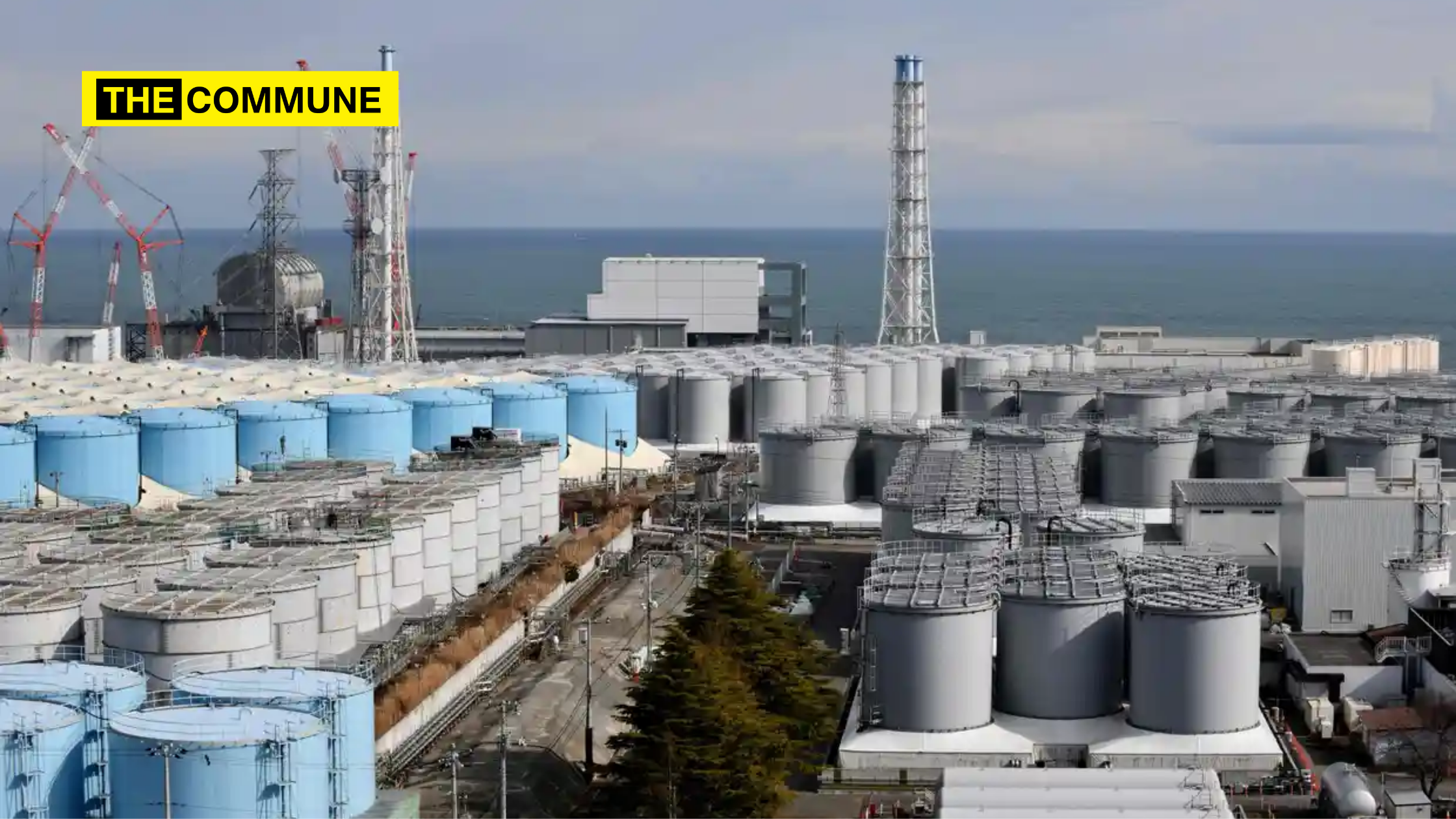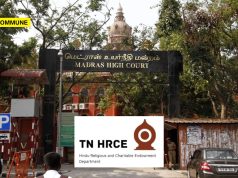
Japan is all set to release Fukushima reactor’s treated water into the sea by 2022. A lot of neighbouring countries and environmentalists have disapproved of this move, since it is not completely safe. All but one radioactive isotope have been removed with water, which does not render it completely safe.
The decision ends years of speculation over what to do with the more than one million tons of water that were treated after the power plant was severely damaged and suffered a meltdown due to the massive earthquake and ensuing tsunami in 2011.
Japanese Industry Minister Hiroshi Kajiyama said no formal decision has been made, but that the government planned to move quickly. “Decommissioning of the Fukushima Daiichi plant is a major premise for restoration in Fukushima from the nuclear disaster. To prevent any delays in the decommissioning process, we need to make a decision quickly,” said Kajiyama during a news conference.
As of last month, 1.23m tonnes of water, which becomes contaminated when it mixes with water used to prevent the three damaged reactor cores from melting, were being stored in 1,044 tanks, with the amount of wastewater increasing by 170 tonnes a day. The water at Fukushima Daiichi will be diluted inside the plant before it is released so that it is 40 times less concentrated, with the whole process taking 30 years, according to the Yomiuri Shimbun newspaper.




